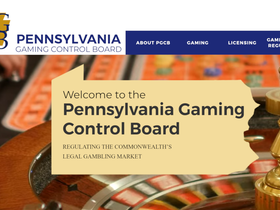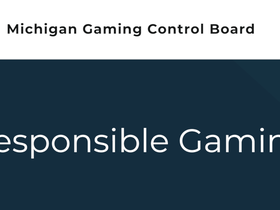This year’s report clearly highlight[s] a potential link between early exposure and harms in later life, as well as a worry by parents who feel unable to shield their children from the plethora of advertising and marketing.
A survey commissioned by GambleAware found nearly two-thirds of adults in Great Britain who suffer from significant harm from gambling knew someone who gambled when they were a child, compared to only one in four adults who do not currently gamble.
That finding, contained in a 161-page report, Annual GB Treatment and Support Survey 2022, suggests there could be a link between early exposure to gambling and the risk of developing a serious gambling problem later in life.
“Gambling harms are a serious public health issue and can affect anyone, including an increasing amount of children and young people,” said GambleAware CEO Zoë Osmond. “We are concerned about the normalization of gambling across society, with this year’s report clearly highlighting a potential link between early exposure and harms in later life, as well as a worry by parents who feel unable to shield their children from the plethora of advertising and marketing.”
YouGov conducted the survey on behalf of Gamble Aware, a UK-based independent charity focused on protecting people from harm associated with gambling.
YouGov found that early exposure to gambling is “very common,” with 59% of respondents reporting that they were exposed to gambling before the age of 18 — the legal age to gamble in the UK, which includes Great Britain. Most respondents said they were with their parents when they were first exposed to gambling, but 23% said they first saw gambling when out with friends.
It is also important to end the stigma associated with gambling, which is acting as a key barrier to those wanting advice and support.
GambleAware also found that almost half of respondents at high risk from gambling harm — meaning individuals with a Problem Gambling Severity Index (PGSI) score of 8 or higher — felt “embarrassed or ashamed” of their gambling. In interviews, an overwhelming majority said they were reluctant to talk about their gambling problem with friends or family.
Those individuals classified as PSGI 8+ reported feeling “that their long history of gambling, and a pattern of stopping and relapsing, had strained their relationships with loved ones, which added to the difficulty of seeking support.” Such individuals also reported feeling less comfortable with talking to a therapist about their gambling problem than others with milder gambling issues.
But the survey also found that among the PSGI 8+ respondents, there wasn’t much of a difference demographically — either in terms of age or race — in their likelihood to report that they had experienced stigma from seeking help. By comparison, those respondents with a PGSI score of 1+ who are also minorities reported that they were more likely to experience stigma than White respondents to the survey.
“It is also important to end the stigma associated with gambling, which is acting as a key barrier to those wanting advice and support,” Osmond said. “We encourage people to come forward and open up the conversation about gambling to put an end to stigma and ensure people get the help they need.”
YouGov conducted an online survey of 18,305 adults in Great Britain — England, Scotland, and Wales — between October 31 and November 23, 2022. The survey included in-depth telephone interviews with 30 respondents.




